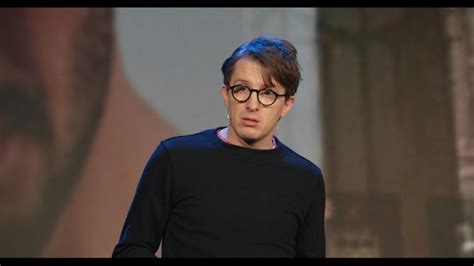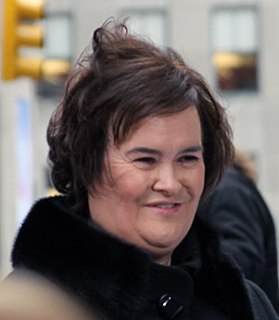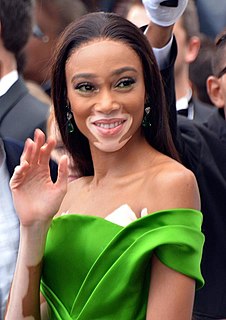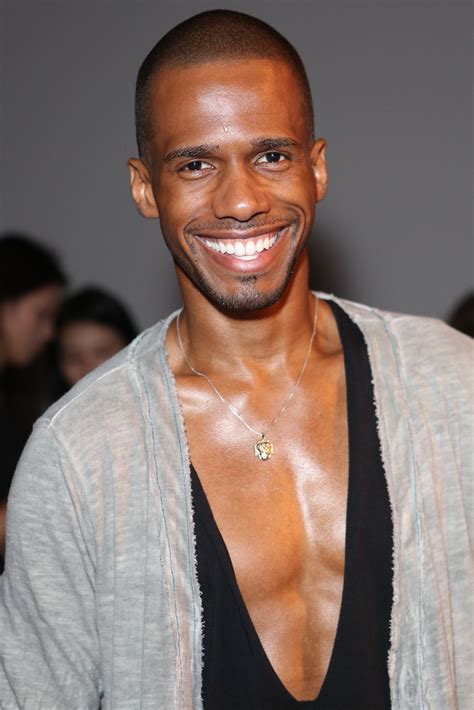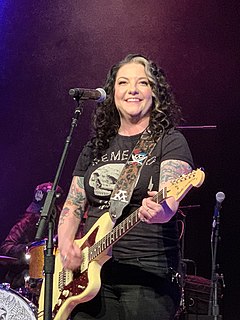A Quote by James Veitch
I had an awkward moment when I got a phone call from the person pretending to be Winnie Mandela. 'Winnie' sounded about 12 years old, unfortunately - she'd probably been pushed to the telephone because she was the only one who spoke English.
Related Quotes
"Catherine." she paused. I waited, tapping my finger on my desk. Then she spoke words that had me almost falling out of my chair. "I've decided to come to your wedding." I actually glanced at my phone again to see if I'd been mistaken and it was someone else who'd called me. "Are you drunk?" I got out when I could speak. She signed. "I wish you wouldn't marry that vampire, but I'm tired of him coming between us." Aliens replaced her with a pod person, I found myself thinking. That's the only explanation
She was obviously useful at the UN because she had a public persona before she ever got there. She was well known. She was a spokeswoman for many important things. When she got there, what she said was paid attention to, undoubtedly much more than would have been if just Joe Blow had been made our representative to the United Nations. In that sense, I think it was useful to have her there.
I love Elizabeth Taylor. I'm inspired by her bravery. She has been through so much and she is a survivor. That lady has been through a lot and she's walked out of it on two feet. I identify with her very strongly because of our experiences as child stars. When we first started talking on the phone, she told me she felt as if she had known me for years. I felt the same way.
She smiled. She knew she was dying. But it did not matter any longer. She had known something which no human words could ever tell and she knew it now. She had been awaiting it and she felt it, as if it had been, as if she had lived it. Life had been, if only because she had known it could be, and she felt it now as a hymn without sound, deep under the little whole that dripped red drops into the snow, deeper than that from which the red drops came. A moment or an eternity- did it matter? Life, undefeated, existed and could exist. She smiled, her last smile, to so much that had been possible.
The idea of the book ["The Japanese Lover"] came in a conversation that I had with a friend walking in the streets of New York. We were talking about our mothers, and I was telling her how old my mother was, and she was telling me about her mother. Her mother was Jewish, and she said that she was in a retirement home and that she had had a friend for 40 years that was a Japanese gardener. This person had been very important in my friend's upbringing.
